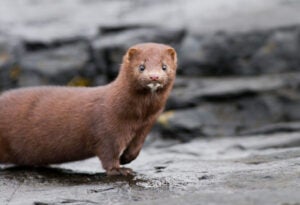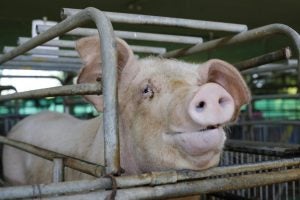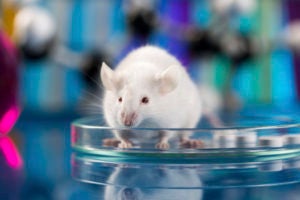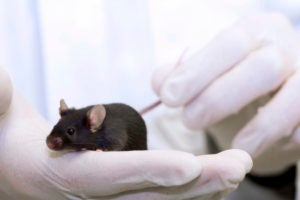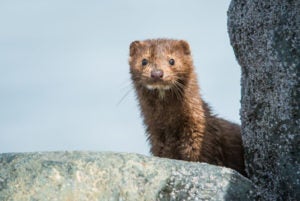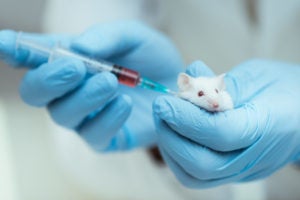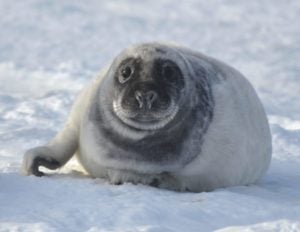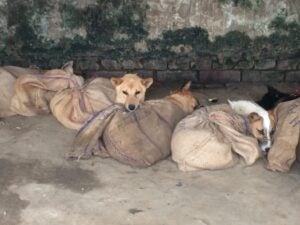
NEW DELHI—In a landmark decision, India’s Government of the state of Nagaland has ended the brutal dog meat trade. The decision announced today by the cabinet will end the import, trade and sale of live dogs and dog meat. Humane Society International/India and People for Animals have campaigned for years to end India’s dog meat trade, and welcome this decision as a major turning point in ending the cruelty of India’s hidden dog meat trade. HSI/India estimates that around 30,000 dogs a year are smuggled into Nagaland where they are sold in live markets and beaten to death with wooden clubs.
HSI/India’s campaign to end the dog meat trade was launched in 2016 with an investigation revealing shocking video footage of dog meat death pits in Nagaland. Dogs were seen being clubbed to death in front of each other, beaten multiple times in protracted and painful deaths. Most dogs were beaten several times before dying. Download footage.
Alokparna Sengupta, HSI/India’s managing director, said: “The suffering of dogs in Nagaland has long cast a dark shadow over India, and so this news marks a major turning point in ending the cruelty of India’s hidden dog meat trade. Our own investigation in Nagaland showed terrified dogs being subjected to horrific deaths in some of the worst inhumanity to animals HSI/India has ever witnessed. And the dogs we have rescued from this trade over the years have had to learn to trust humans again after the cruel treatment they endured.”
Dog meat consumption is prohibited in India through the Food Safety and Standard (Food Products Standard and Additives) Regulation, 2011. However, this is poorly enforced, and in the states of Nagaland, Mizoram, Tripura and Arunachal Pradesh, thousands of dogs each year are illegally captured from the streets or stolen from homes, and cruelly transported from neighbouring states in gunny bags to be brutally slaughtered for consumption by being beaten to death.
Earlier this week, Indian Member of Parliament Smt. Maneka Sanjay Gandhi made an urgent public appeal to urge the Government of Nagaland to stop the trade and consumption of dog meat after receiving new photographs of the trade from a Nagaland-based animal protection organization. The appeal led to more than 125,000 people writing to the Nagaland Government.
HSI/India’s Sengupta continued “We warmly thank Smt. Maneka Gandhi for her leadership and the vital impetus she has provided in achieving this decision from the Government of Nagaland so quickly after the latest evidence emerged. We also congratulate the Government of Nagaland and offer our support so that this decision can be robustly implemented. The Government of Nagaland has shown great leadership and we urge other states such as Mizoram, Tripura and Arunachal Pradesh to follow by implementing a dog meat trade ban too.”
The Government of Nagaland is considering how to allot land to accommodate dogs rescued from the trade, and to promote the adoption of these dogs. HSI/India, which has rescued more than 150 dogs from the dog meat trade, will work with PFA and the state government to support adoption and implement the practical mechanisms needed to enforce the new order and end the dog meat trade.
HSI/India’s campaign is part of HSI’s broader campaign to end the dog meat trade across Asia in countries including South Korea, China, Indonesia and Vietnam.
ENDS
Media Contact: Shambhavi Tiwari, HSI/India media manager: stiwari@hsi.org

